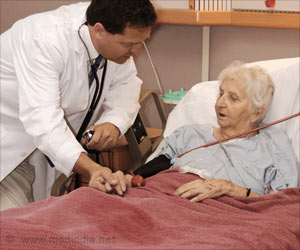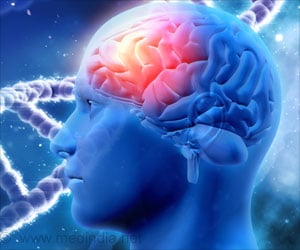The biochip test is as accurate as existing molecular tests that analyze the DNA for identifying the patients who are at an elevated risk of Alzheimer's disease.

‘The biochip test is as accurate as existing molecular tests that analyze the DNA for identifying the patients who are at an elevated risk of Alzheimer's disease.’





This test detects the presence of a protein (gene) in the blood which is associated with increased risk of developing the fatal disease. It further states if the gene is inherited from both parents the probability of getting afflicted is eight-to-12 times more likely than if it is inherited from one parent. To verify the accuracy of the biochip test, 384 samples were analyzed and the results were compared to the standard molecular diagnostic test. Researchers from Randox Laboratories collaborated with research colleagues at the Medical University of Vienna and found that results from the two tests were in 100% agreement. This new test is also faster and more affordable than the standard DNA test, producing results in only three hours.
"Pairing this test with medical and family history for risk of Alzheimer's disease has the real potential to advance personalized medicine.This fast, accurate testing will allow doctors and patients to make more informed choices earlier to potentially slow the possible progress of Alzheimer's," said Harte.
The findings were presented at the 68th AACC Annual Scientific Meeting and Clinical Lab Expo in Philadelphia.
Source-ANI















